by Lazar Berman
For second time in as many weeks, cabinet members clash over investigation that the military says is needed to provide crucial insights for likely campaign against Hezbollah
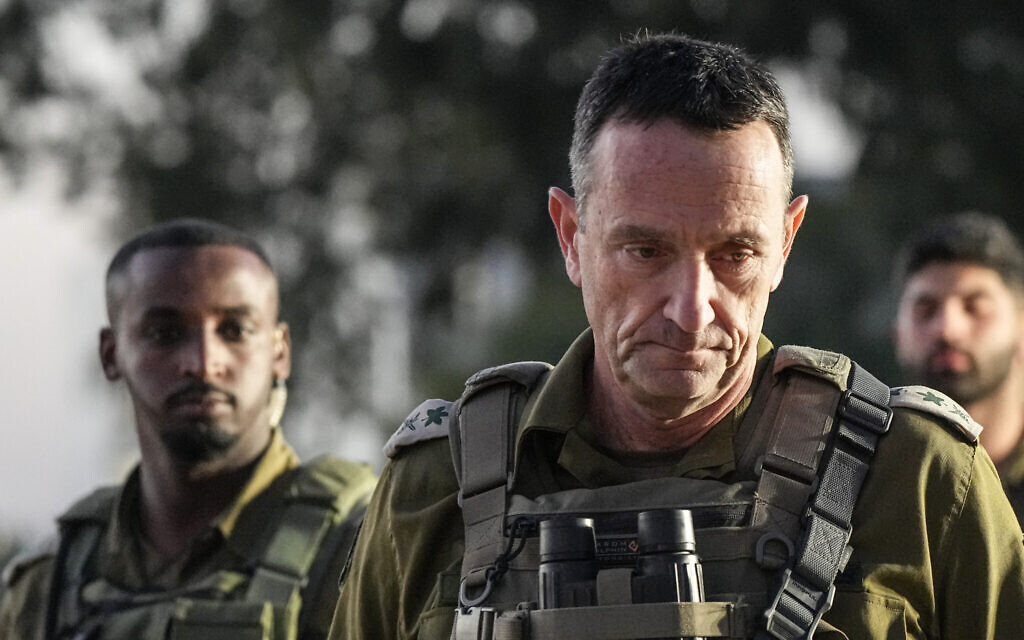 |
IDF Chief of Staff Herzi Halevi gives a statement to the media at an army base in southern Israel, December 26, 2023. (Flash90) |
The Israel Defense Force’s launch of an internal investigation into the failures of October 7 led to another shouting match in the cabinet this week as ministers and top military commanders met to discuss the war against Hamas.
Last week saw similar scenes, as some Likud lawmakers and other right-wing ministers demanded to know why the army was launching an investigation while fighting still raged in Gaza.
“Why do we need to investigate now?” Regional Cooperation Minister David Amsalem demanded at the first of the two meetings, on January 4. “So that military people are on the defensive instead of busying themselves with winning [the war]?”
Transportation Minister Miri Regev and other ministers also attacked IDF Chief of Staff Herzi Halevi over the timing and scope of the probe, according to reports. They also questioned the inclusion of ex-defense officials connected to the 2005 Gaza Disengagement.
But the army and analysts say that an investigation now is imperative because the probe isn’t only about the ongoing war in Gaza.
It is about preparing for the fight against Hezbollah, which looks more likely with every day that passes.
The inevitable war?
“Our goal is to always improve, to draw conclusions from the fighting, to deepen the achievement and minimize casualties to our forces,” IDF Spokesman Rear Adm. Daniel Hagari explained in an evening press conference last Friday.
“The operational investigation is one of the basic principles of the IDF. Only a thorough investigation of the truth will allow us to learn from the failures and prepare for the security challenges in the future — 2024 will be a year of fighting, and there are lessons to be learned that will help us fight better, in all the arenas,” he elaborated.
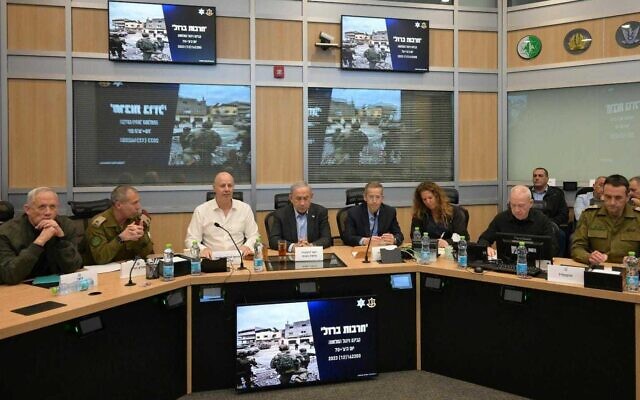
The most dangerous potential arena is Lebanon.
Since October 8, Hezbollah and allied Palestinian terror factions in Lebanon have engaged in daily border clashes with Israeli troops, targeting civilian communities with drone, rocket and missile attacks, and forcing tens of thousands of people to evacuate from the area.
The fighting along the border has resulted in four civilian deaths on the Israeli side, as well as the deaths of nine IDF soldiers.
Hezbollah has been hit much harder, naming 159 members who have been killed by Israel during the ongoing skirmishes, mostly in Lebanon but some also in Syria. In Lebanon, another 19 operatives from other terror groups, a Lebanese soldier, and at least 19 civilians, three of whom were journalists, have been killed.
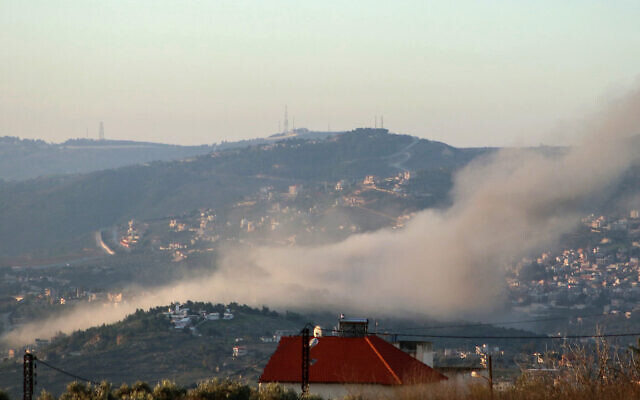
Israel has upped the pressure in recent days. Hamas’s deputy leader abroad Saleh al-Arouri, wanted for years by Israel and seen as the group’s prime orchestrator of West Bank terrorism, was killed last week in an alleged Israeli strike in Hezbollah’s Beirut stronghold of Dahiyeh. His death was the first strike on the Lebanese capital since hostilities started.
On Monday, Wissam al-Tawil, a commander of Hezbollah’s elite Radwan force, was killed in another alleged strike by Israel on his SUV. Shortly before his funeral on Tuesday, an Israeli airstrike killed Ali Hussein Burji, commander of Hezbollah’s aerial forces in southern Lebanon.
As Israel ratchets up the pressure, the Biden administration has sent senior aides to the region to try to find a diplomatic formula that moves Hezbollah back from the border and brings the Lebanese army to the area in greater numbers. US special envoy Amos Hochstein said Thursday that he is “hopeful” a diplomatic solution will be found.
Some Israelis think there remains a chance he will succeed, slim though it may be.
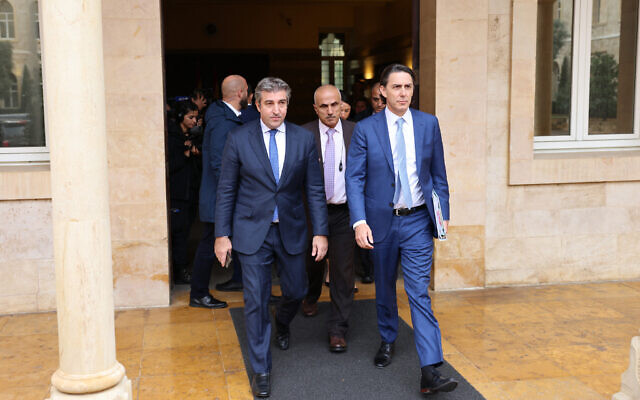
“The possibility of success is not zero because Hezbollah lives among the Lebanese, who are frightened to death of a war,” said Eran Lerman, vice president of the Jerusalem Institute for Strategy and Security and past deputy director of Israel’s National Security Council.
But the dominant view in Israel seems to be even less sanguine. Though leaders would be happy to see Hezbollah moved away from Israeli towns and bases without war, there isn’t much optimism that will happen.
Given one of the primary lessons of October 7 — that terror threats just over the border must be aggressively confronted before they strike — many Israeli leaders are convinced that a war on Hezbollah is a matter of when, not if.
“I think [Defense Minister Yoav] Gallant, [IDF Chief of Staff] Herzi Halevi and others think it more inevitable for strategic reasons,” said Chuck Freilich, a former Deputy National Security Advisor, “and Netanyahu may have both substantive strategic reasons and a personal political interest in it, to postpone the day of reckoning,” he said referring to calls for the prime minister to take responsibility for the failures when the fighting ends.
“Eighty-thousand people need to be able to go back to their homes safely,” Gallant told The Wall Street Journal earlier this week, referring to Israelis on the northern border who were evacuated amid the Hezbollah attacks.
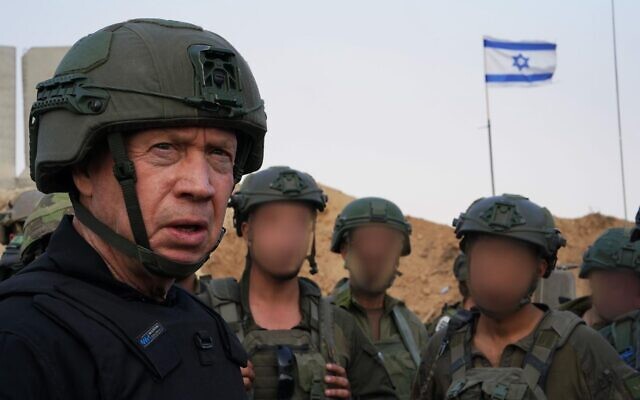
“Should Hamas, Hezbollah and Iran be allowed to decide how we live our lives here in Israel?” Gallant asked. “That is something we don’t accept.”
“Iran’s conduct in this war, and the conduct of its proxies Lebanese Hezbollah and the Houthis in Yemen, make it clear that another Israeli-Iranian war, with Lebanon at its center, is imminent,” reads a study that will be published in the coming days at the Begin-Sadat Center for Strategic Studies.
Copy-paste?
If that war does indeed come — because Israel initiates it or Hezbollah decides to escalate its attacks — there is a belief, exuded by political and military leaders, that success in Gaza can be translated to Lebanon.
“They see what is happening in Gaza,” said Gallant of Hezbollah. “They know we can copy-paste to Beirut.”
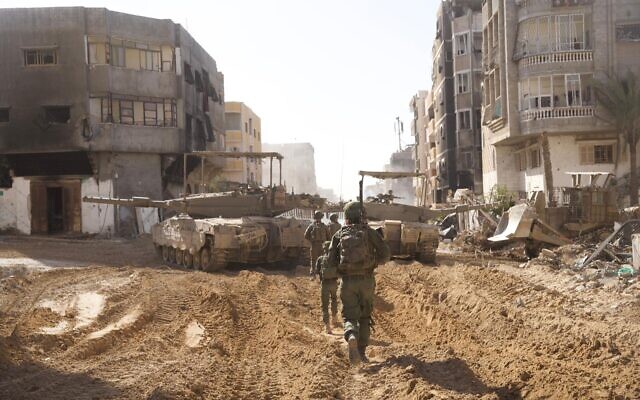
But while Israel can certainly devastate Hezbollah’s infrastructure from the air, a fight on the ground in Lebanon would be different in key ways from the campaign in Gaza.
The terrain in southern Lebanon is far more challenging. Gaza is flat, with almost no natural barriers to armored maneuver and with few areas of dense vegetation.
But the region where the IDF would battle Hezbollah is marked by steep valleys that give the defender ideal positions from which to observe and attack columns moving through the few passable roads. The forests and boulders in southern Lebanon offer endless opportunities for ambushes from Hezbollah anti-tank squads.
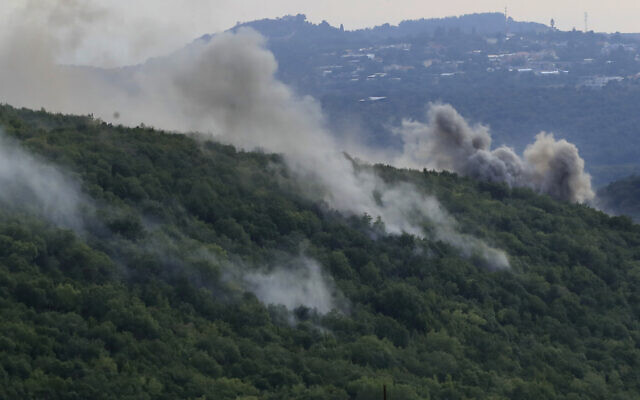
Hezbollah is also a far larger and more capable force. Its gunmen are better resourced, and have serious battlefield experience backing the Assad regime in Syria. Hezbollah’s elite Radwan commando unit is several times bigger and more capable than the Hamas Nukhba terrorists that infiltrated into Israel on October 7.
Still, there is plenty that Hamas and Hezbollah share. They are funded and supplied by the same Iranian patron, and their fighters have undergone the same training.
Moreover, they both operate with the same tactical and strategic logic. They built up rocket and missile arsenals targeting Israel’s homefront in order to create mutual deterrence. To protect that asset, they rely on mines, anti-tank missiles and underground positions to slow IDF maneuver, exact a painful price, and ultimately outlast Israel’s will and legitimacy to fight.
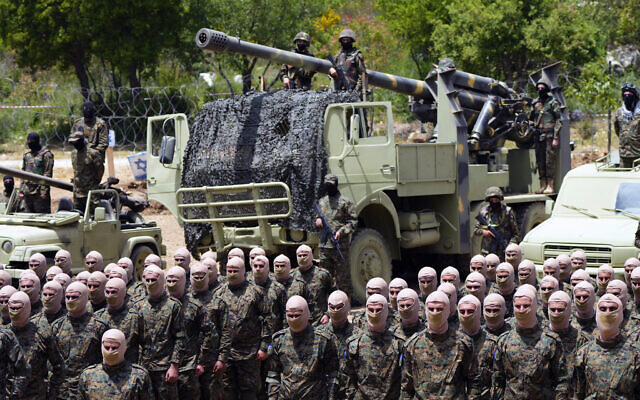
If Israeli forces are to show up in the anticipated war against Hezbollah as prepared as possible, the IDF needs to understand exactly what failed in the lead-up to October 7, as well as to continuously learn lessons from the fighting in Gaza.
Waiting to learn and heed those lessons until the fight against Hamas is over, as some ministers would prefer, constitutes a major risk. One miscalculation by either side in the north could spark a full-blown war, including in the very near future.
The war could start with a Hezbollah attempt to achieve what Hamas did three months ago, but on a far larger scale. Israel must know what needs to be prepared in terms of deployment, intelligence, command and control, and doctrine in order to successfully defend against such an attack.
Even if Israel initiates a war, the probe will be of value. Deficiencies in technology, command structure, and the flow of information that were evident on October 7, and that are sure to come up in the probe, will be relevant in any campaign.
With the precise scope of the investigation yet to be set, it could be quite far-reaching with implications for future offensive operations as well.
One of the IDF’s great strengths is its ability to examine itself honestly and adapt quickly. That is precisely what enabled Israel to recover and save itself from the strategic surprise it suffered in 1973, 50 years before the October 7 attack, when some 3,000 Hamas terrorists flooded in Israel, killing some 1,200 people, most of them civilians in their homes and at a music festival, and taking another 240 hostage amid scenes of extreme abuse.
“We must begin learning from the war,” reads the BESA paper, “if only because the war in Gaza is but a prelude for the greater war awaiting us in the near future.”
“While it is not inevitable, it remains likely,” said Lerman. “But they have to prepare as if it’s inevitable.”
A comprehensive, honest and critical examination of IDF failures and weaknesses is key to Israel triumphing over the much more dangerous Iranian proxy in the north, in a war that could erupt at any moment.
Lazar Berman
Source: https://www.timesofisrael.com/why-ministers-continued-bickering-over-idf-probe-could-hinder-likely-war-in-north/
No comments:
Post a Comment